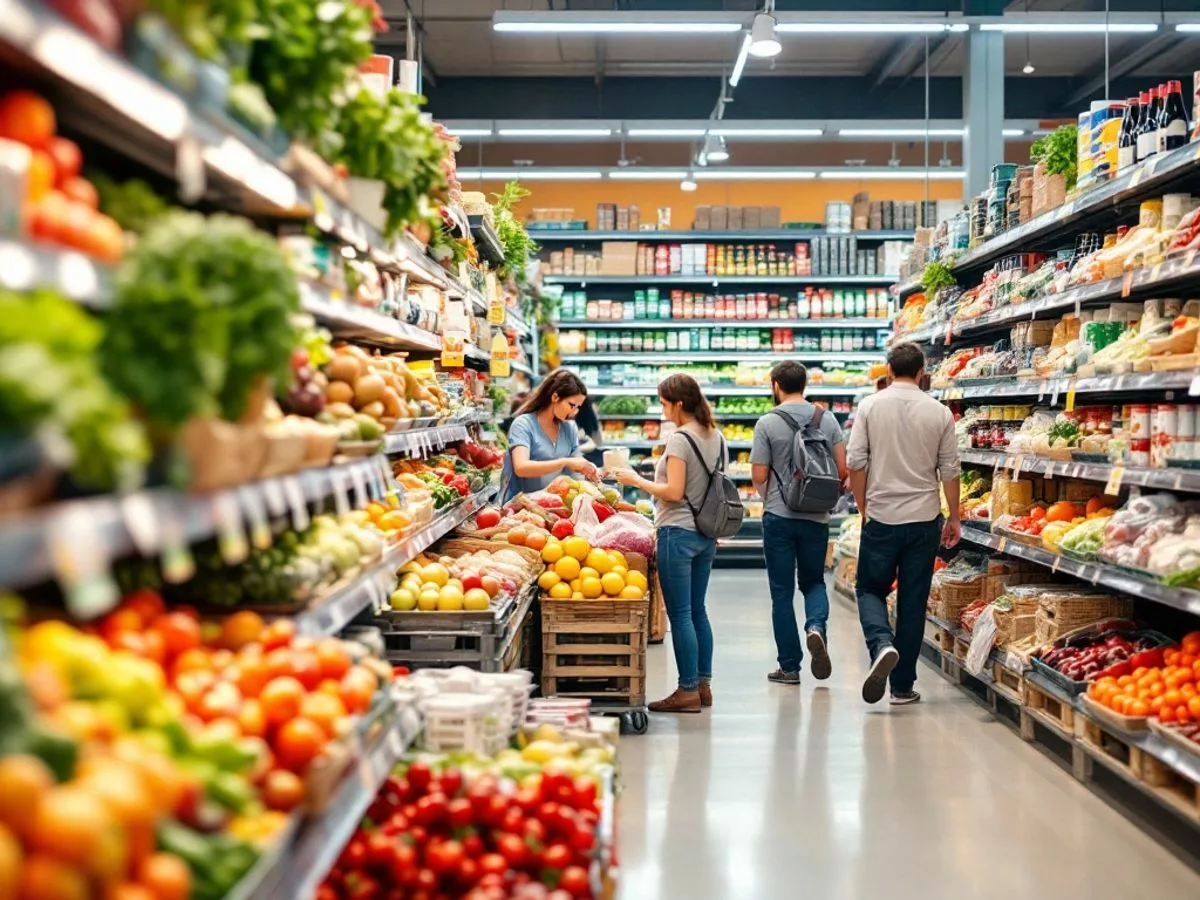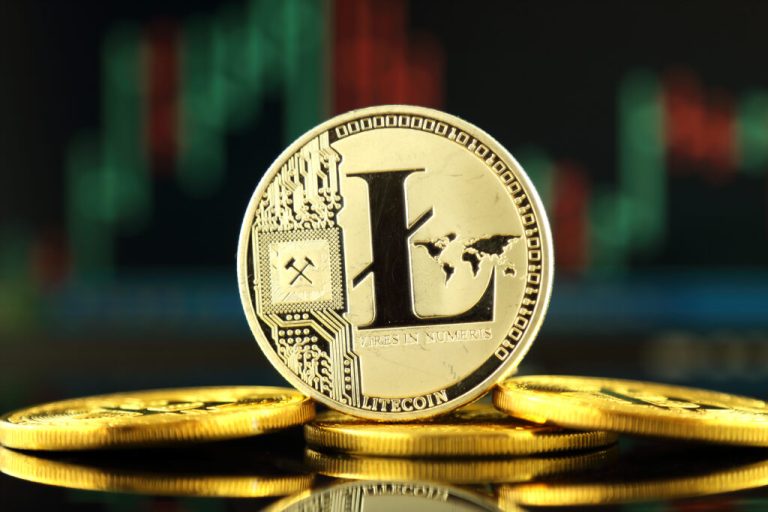
Amid escalating regional tensions, supermarkets in the UAE report no significant disruptions to their food supply chains. Retailers emphasize their diverse sourcing strategies, ensuring that essential goods remain available to consumers despite geopolitical challenges.
Key Takeaways
- UAE supermarkets report stable food supply despite regional conflicts.
- Retailers source products from multiple countries, reducing dependency on any single market.
- Local agricultural production is being leveraged to meet consumer needs.
Diverse Sourcing Strategies
Retailers in the UAE have established a robust network for sourcing various commodities, including fruits, vegetables, and other household goods. Key sources include Lebanon, Palestine, and Iran, among others. This diversified approach has proven effective in mitigating the impact of regional crises.
Dr. Suhail Al Bastaki, Chief Community Relations Officer at Union Coop, highlighted the importance of a varied sourcing strategy. He stated, "While recent geopolitical tensions have caused concern, the impact on our supply from these regions has been limited. To ensure uninterrupted availability of products, we have expanded our sourcing network both locally and globally."
Local Agricultural Production
In addition to international sourcing, the UAE has been enhancing its local agricultural capabilities. Kamal Vachani, Group Director at Al Maya Group, noted, "By leveraging local agricultural capabilities alongside our international sourcing strategies, we are well positioned to meet the needs of our customers in the UAE effectively."
This local sourcing strategy is crucial, especially when imported products face shortages. It allows consumers to rely on homegrown produce, ensuring that their needs are met without significant disruptions.
Logistics Remain Uninterrupted
Retailers like Safeer Market have confirmed that logistics operations continue smoothly. Ashraf El Gamal, Fresh Food Manager at Safeer Market, stated, "Logistics is still going well without any interruption. We never depend on a specific supplier or particular country of origin; the local market can cover any out-of-stock items."
This adaptability has been a hallmark of the UAE’s retail sector, which has faced various challenges over the years. El Gamal emphasized their commitment to maintaining fair prices and ensuring customer satisfaction, even in the face of potential cost increases.
Impact of Flight Cancellations
While supermarkets maintain steady supplies, the ongoing military conflicts have led to numerous flight cancellations affecting travel to and from Lebanon, Iran, Iraq, Jordan, and Israel. This disruption in air travel could have longer-term implications for the import of goods, but retailers remain optimistic about their current stock levels.
Government Initiatives for Food Security
The UAE government has been proactive in investing in food security initiatives, aiming to reduce food imports from 90% to 50% by 2050. This ambitious goal reflects the nation’s commitment to ensuring a sustainable food supply for its residents, even in the face of regional instability.
In conclusion, while regional tensions pose challenges, UAE supermarkets are well-prepared to maintain a steady food supply through diverse sourcing strategies and local agricultural production. Consumers can continue to rely on their local retailers for essential goods, ensuring that their needs are met without significant disruption.






